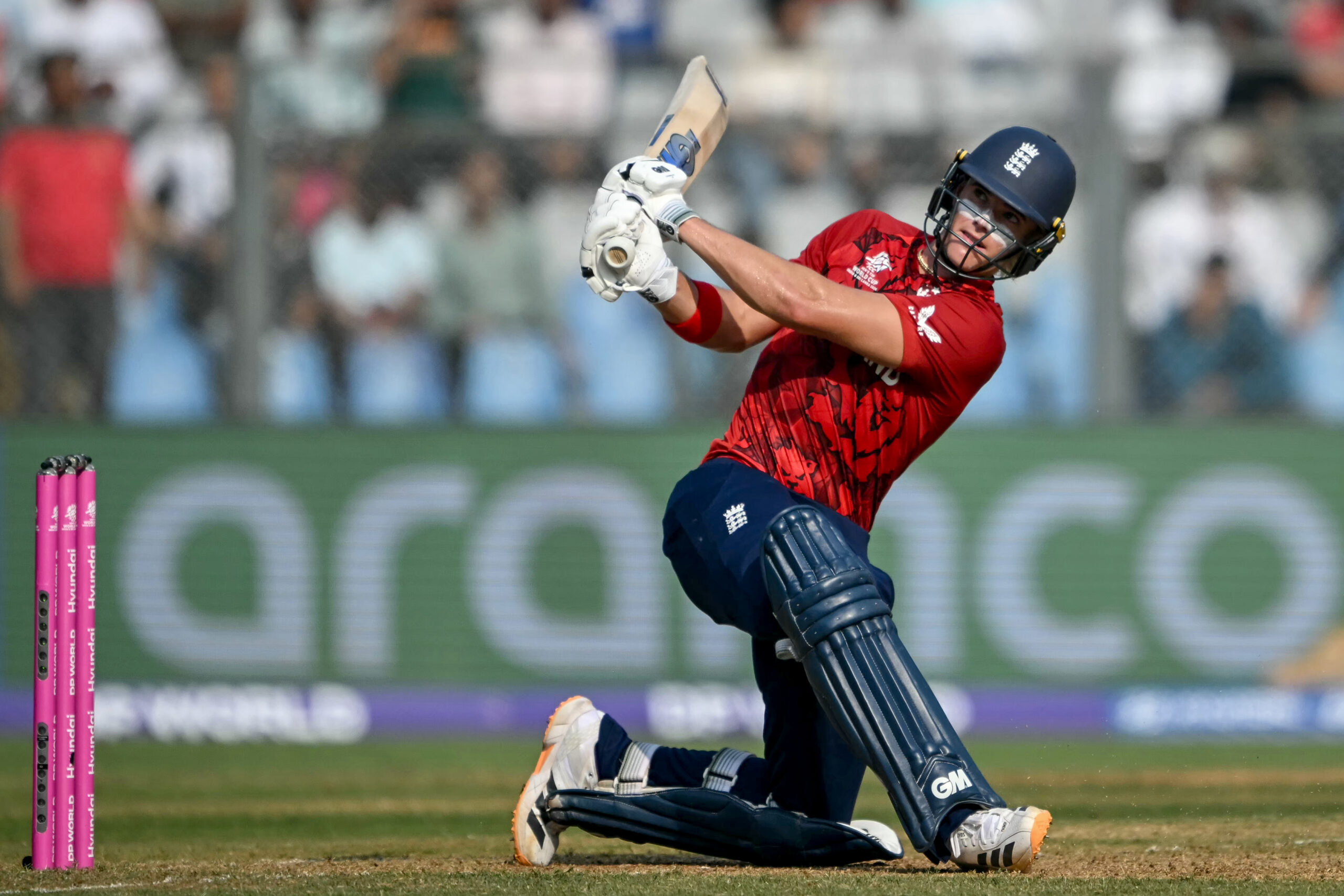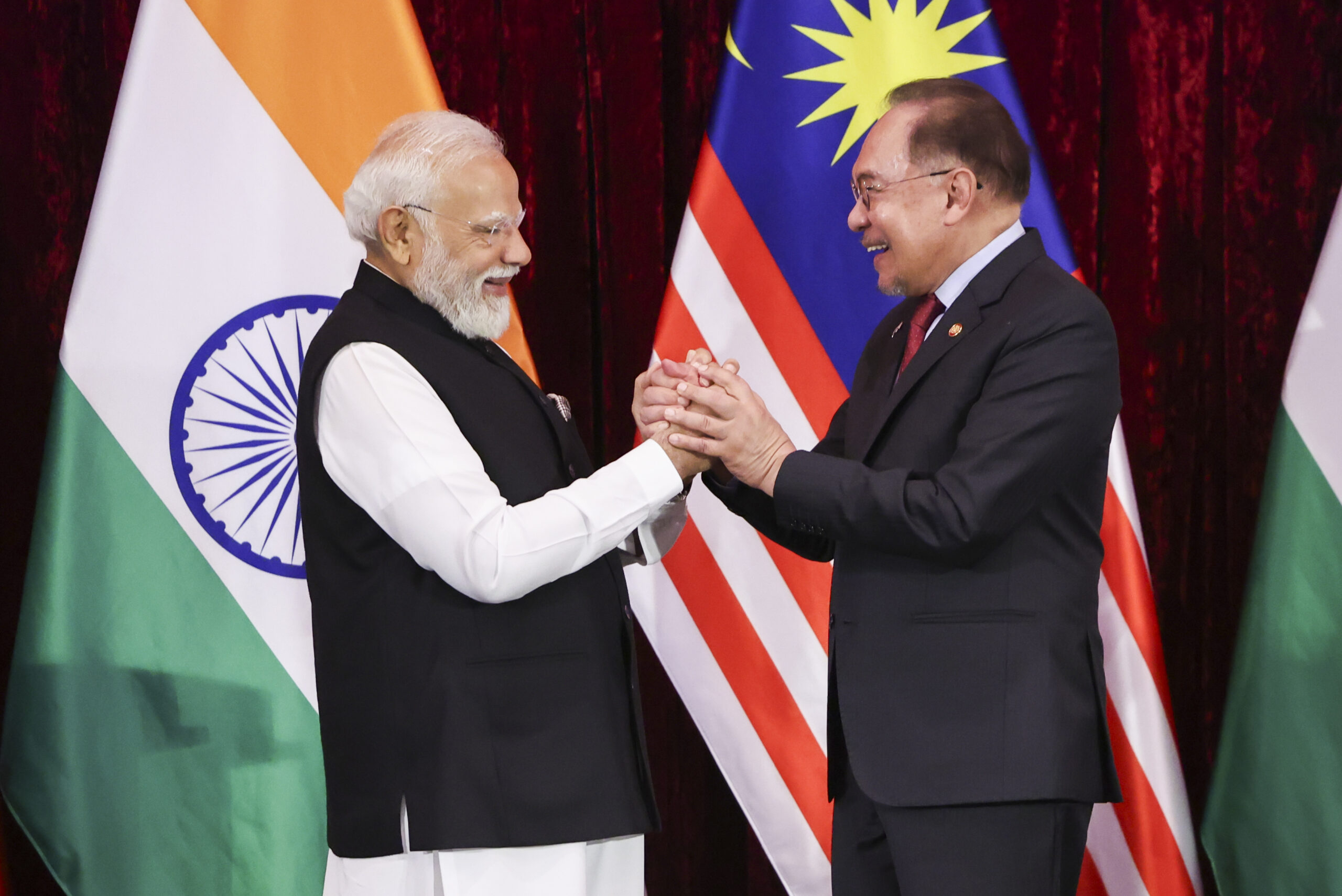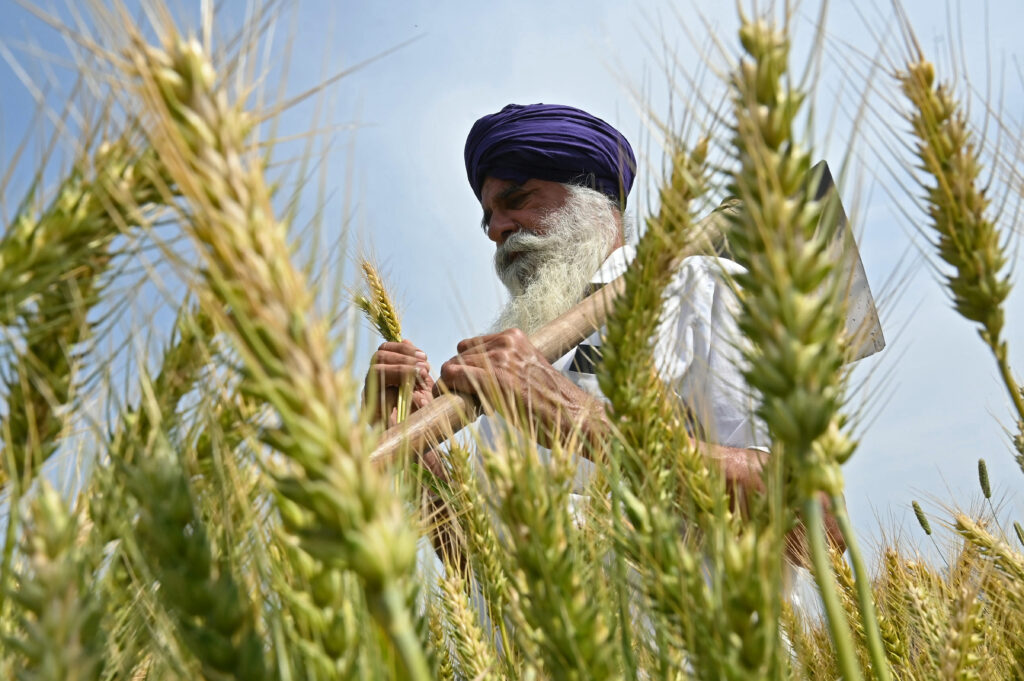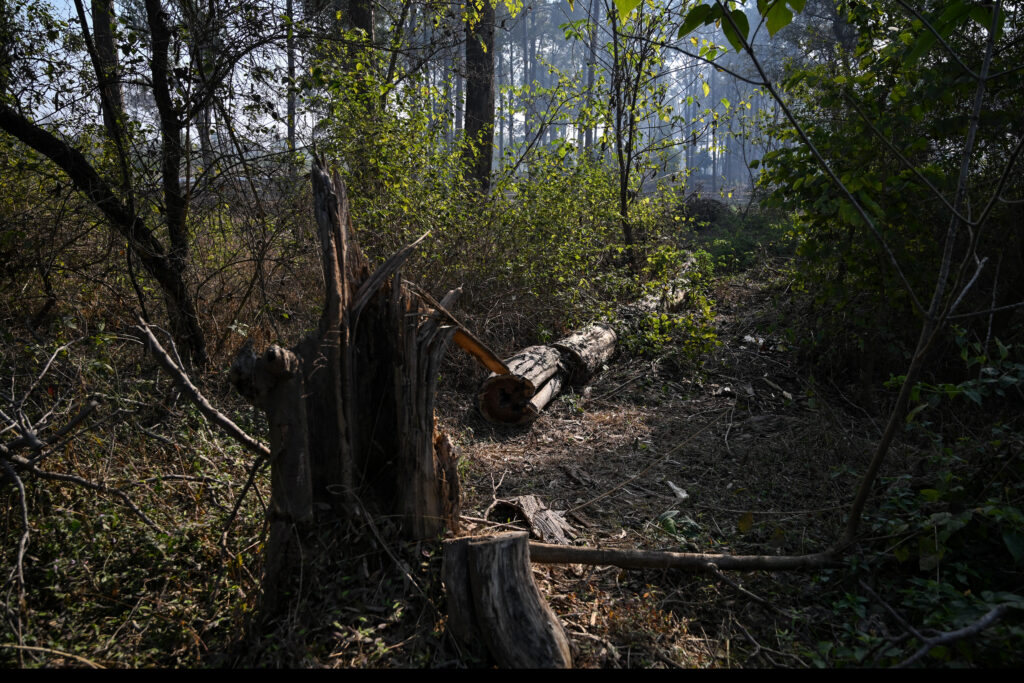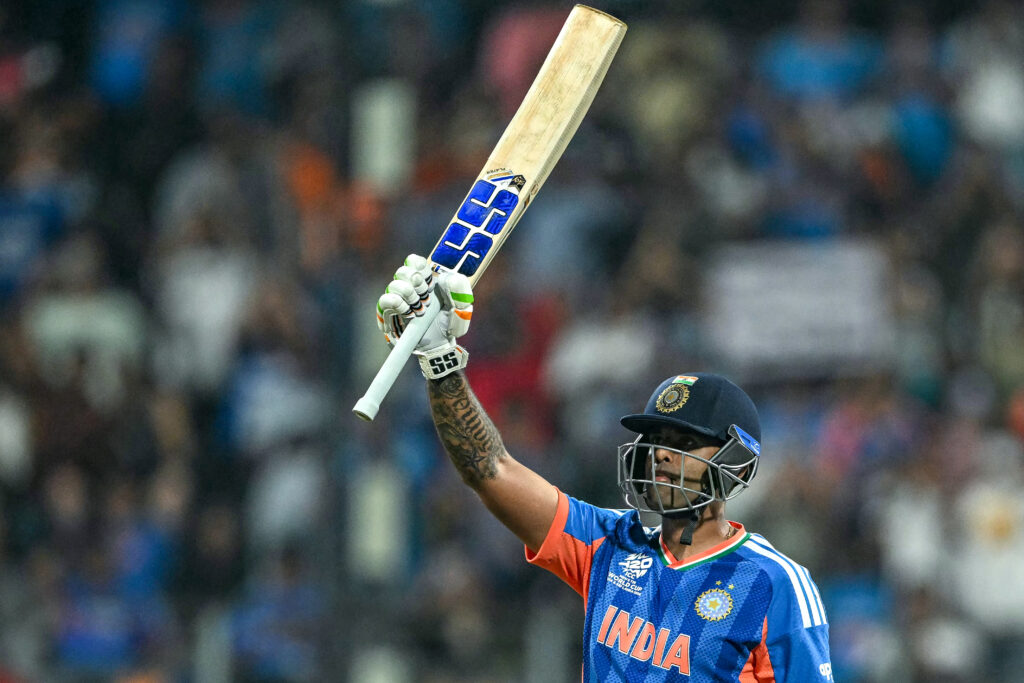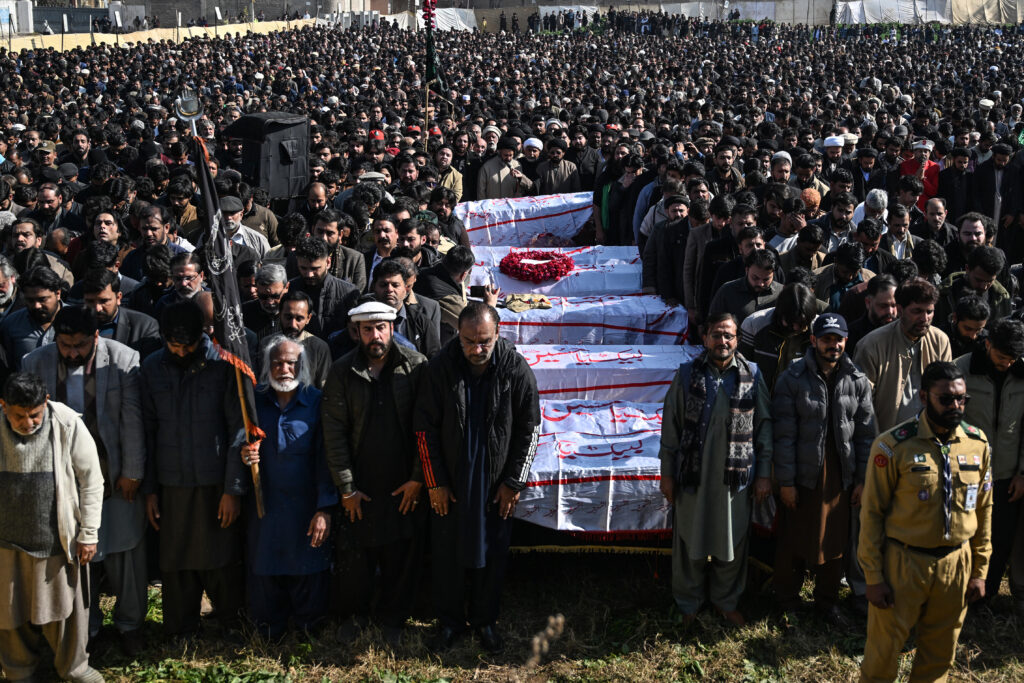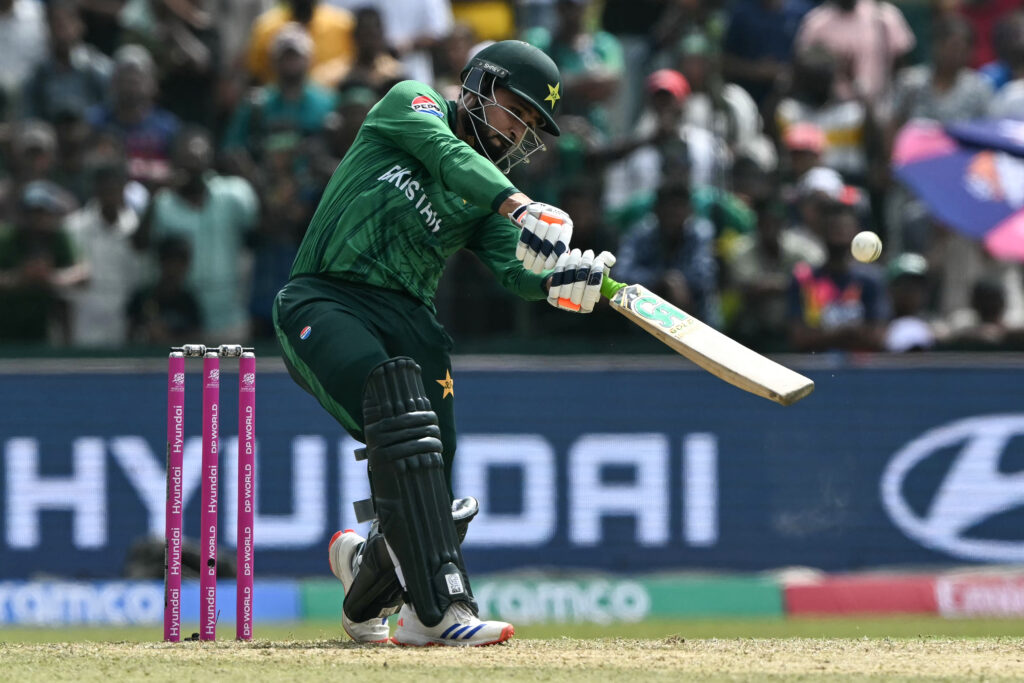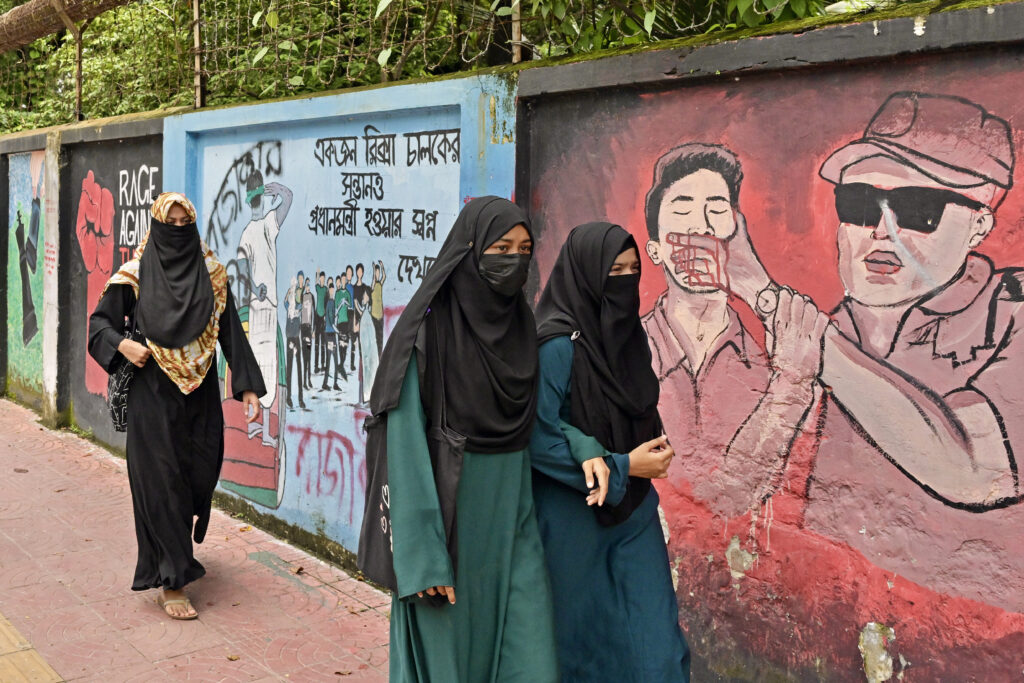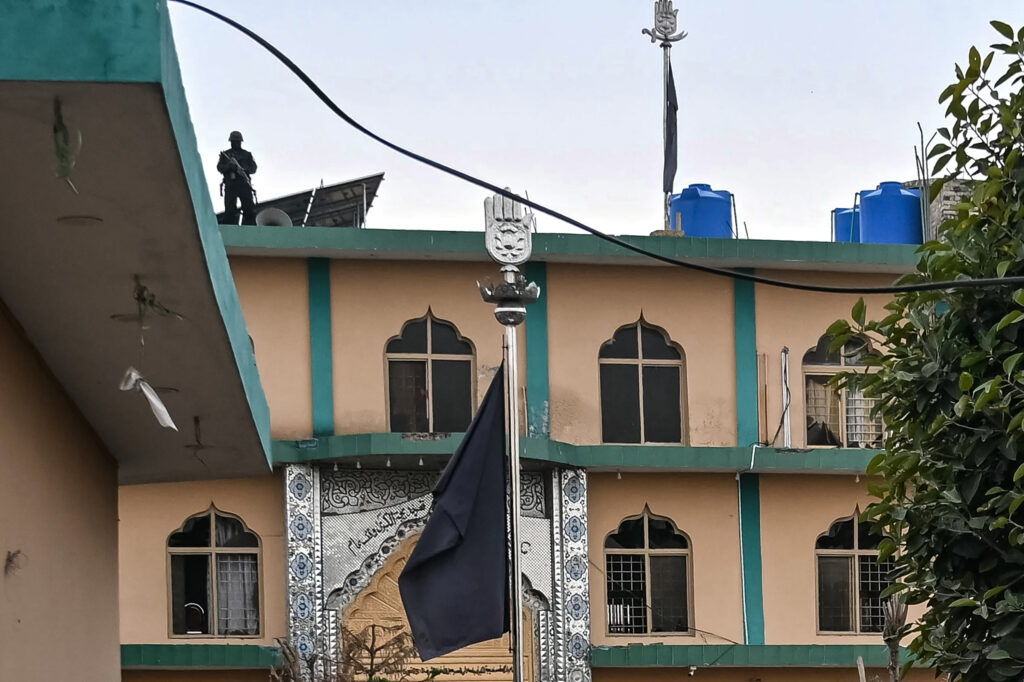England cling on to beat Nepal in last-ball thriller
England clung on to beat Nepal by four runs in a last-ball thriller in Mumbai on Sunday and avoid one of the biggest upsets in the history of the T20 World Cup.Chasing an imposing 185 to win, Nepal’s Lokesh Bam (39 not out) needed a six off the final delivery of the match bowled by Sam Curran but could only club the ball to deep cover for a single.It was an agonising end to a valiant run chase by the cricketing minnows, who put England’s premier bowlers Jofra Archer and Adil Rashid to the sword.Jacob Bethell (55) and Harry Brook (53) scored quick fifties for England but it was a late cameo by Will Jacks that took them to 184-7 in the Group C match, a total that proved just out of reach.Jacks smashed three spectacular sixes off the final over from Karan KC to finish 39 not out off 18 balls .Nepal fell just short at 180-6, despite being roared on by most of the spectators in a three-quarters full Wankhede stadium.They got off to a flying start in their chase, Kushal Bhurtel crunching 29 off 17 balls before Jacks had him caught and bowled.Captain Rohit Paudel and Dipendra Singh Airee came together at 42-2 and brought up Nepal’s 100 in the 12th over.Pace man Archer, who conceded 14 off his first over, was brought back and put the brakes on, conceding just six runs from his next two overs. But the Nepali batsmen took to Rashid at the other end, launching the leg-spinner for 19 off his third over with Airee hitting two sixes and a four. He finished with 0-42 from three overs.The blitz left Nepal needing 62 off the last six overs with eight wickets in hand.Left-arm seamer Curran returned and immediately got the vital breakthrough, ending the 82-run partnership for the third wicket when Airee holed out to Tom Banton for 44.The wicket slowed Nepal’s charge and Paudel on 39 then swept Liam Dawson to Phil Salt at deep midwicket to leave them 126-4 in the 16th over.Archer came back for a final over and proved expensive again, being thrashed for three sixes and 22 runs by Lokesh to leave Nepal 24 off 12 balls for an unlikely win.Dawson was the pick of England’s bowlers with 2-21 while Archer had 1-42 from his four as England just held on.
